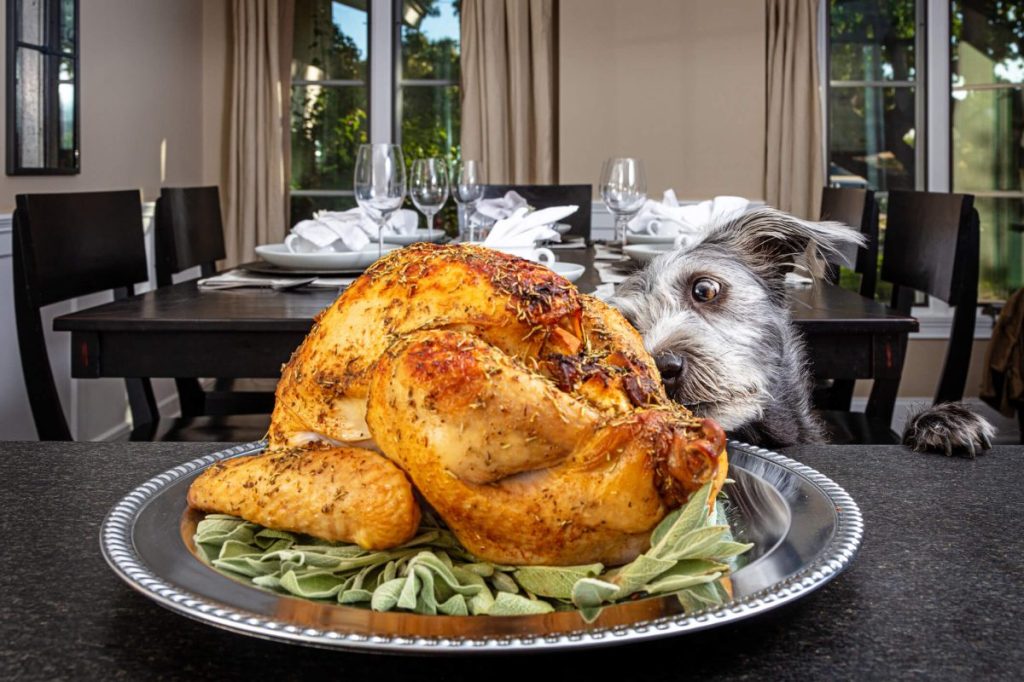Thanksgiving — and a whole host of other end-of-year celebrations, including Christmas — is almost here. That means your kitchen is about to come alive with the mouthwatering smells of the season. At the center of it all is the iconic turkey, the star of the holiday feast. As you’re carving into that golden, juicy bird, you might notice your furry friend sitting…









